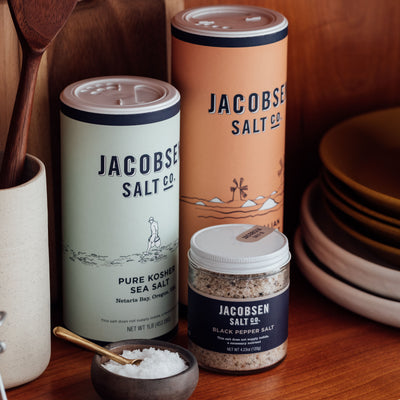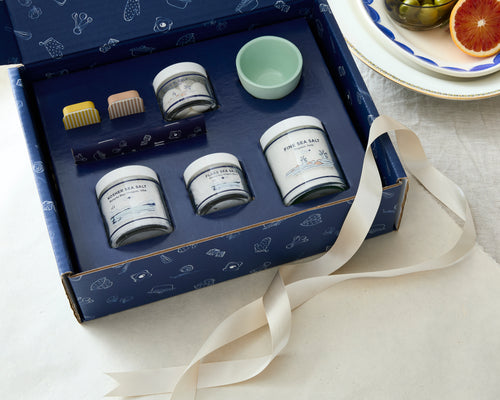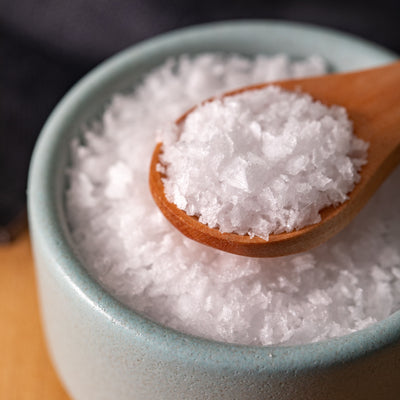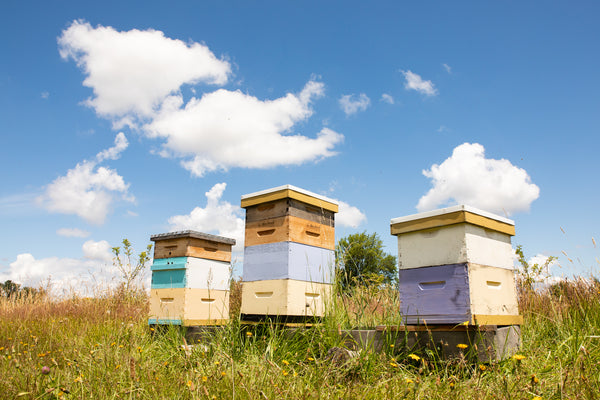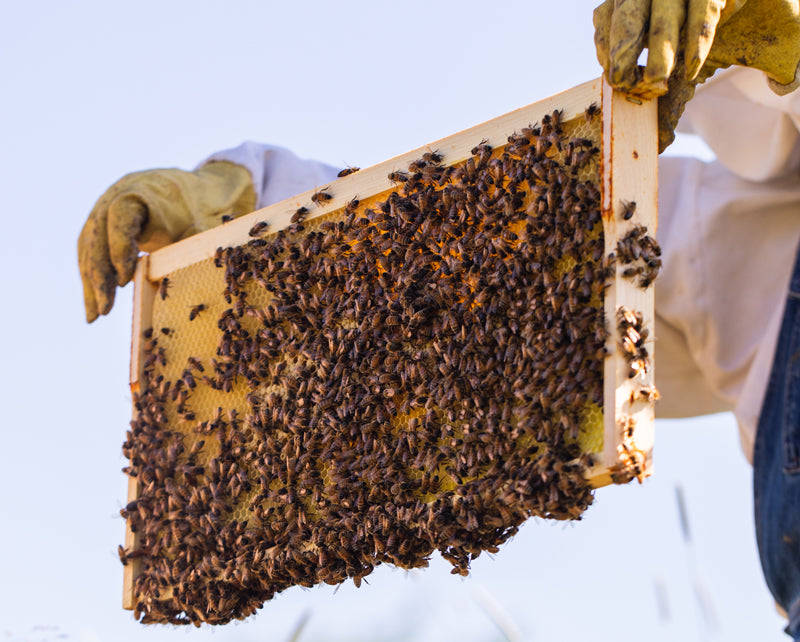
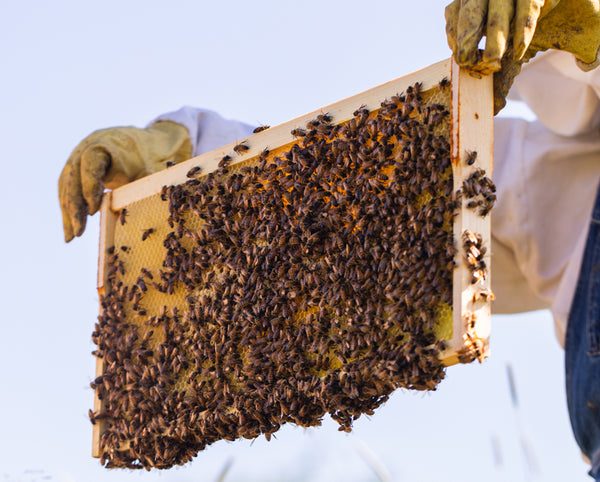
2020 National Honey Bee Survey 🐝
Posted by:
Jacobsen Salt Co.
Posted on:
Aug 20, 2020

August is an important month for beekeepers in the Pacific Northwest. Typically signaling the beginning of the honey harvest, it is also when beekeepers are monitoring the health, disease and pest levels of their colonies in order to create a treatment plan for the coming months. Also this month, we were honored to be invited to participate in the National Honey Bee Survey.
The National Honey Bee Survey is a federally-funded, nationwide data collection effort that aims to document honey bee diseases, pests, and pathogens throughout the US on a state-by-state basis. It has taken place since 2010 and is conducted by the US Department of Agriculture’s Animal and Plant Health Inspection Service (APHIS) and the University of Maryland’s Honey Bee Research Lab (UMD). Participation is voluntary, with approximately 40 states taking part each year.
By participating, our Hive Program takes part in helping our nation's beekeepers stay informed and responsive to emerging issues and outbreaks that pose a threat to our honey bee populations. The survey also monitors for the presence of invasive species that may threaten honey bee health. It includes a colony-level pesticide analysis to assess and identify both the variety and quantity of pesticides present in honey bee hives and the surrounding nectar sources.

This year, the Oregon Department of Agriculture (ODA) worked with 20 apiaries throughout the state, collecting samples from a diverse group of beekeepers; from non-migratory, backyard hobbyists to large, migratory commercial apiaries.
Our lead beekeeper, Emily Schmiedel, chose to take samples from our newest non-migratory apiary at The Public Coast Farm, where we have 40 hives that she manages and maintains. The honey bees at Public Coast Farm pollinate blueberries, apples, clover, and an expansive open-air greenhouse with many flowering plants and vegetables.

With help from the ODA, we collected adult bees, brood (bee larvae) frame samples, and bee bread (stored pollen that ferments slightly) samples for testing, as well as visually inspected the hives for various brood diseases. Samples are then sent to UMD for inspection. From there, all participating apiaries will receive their disease and pesticide results within about 6 months.
These results will contribute to scientific research on national honey bee health and will also provide us with valuable insight as to how we can better manage honey bee colonies.
Click here to learn more about our hive program.

